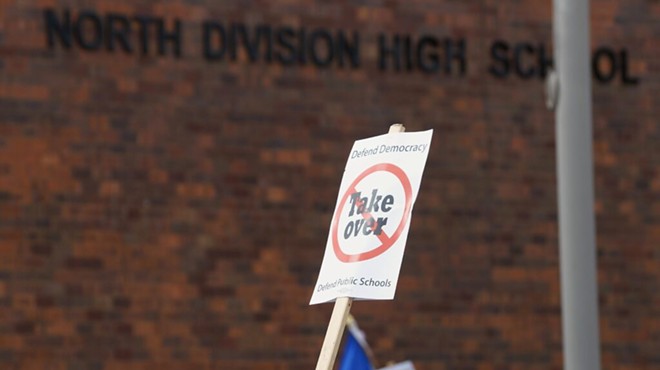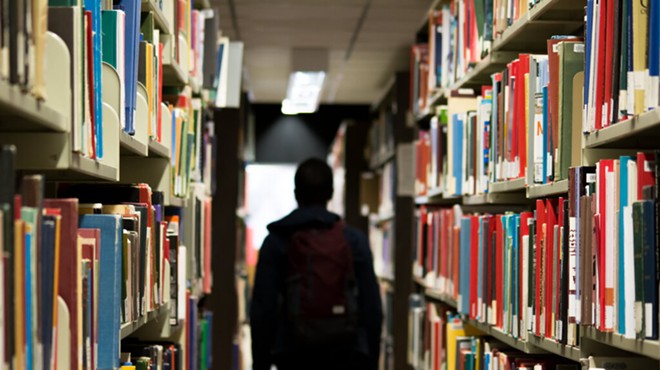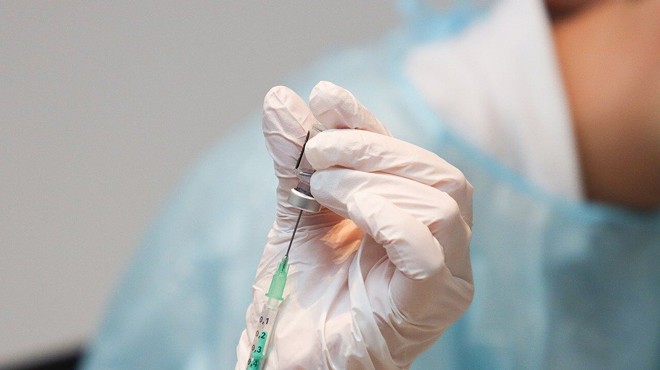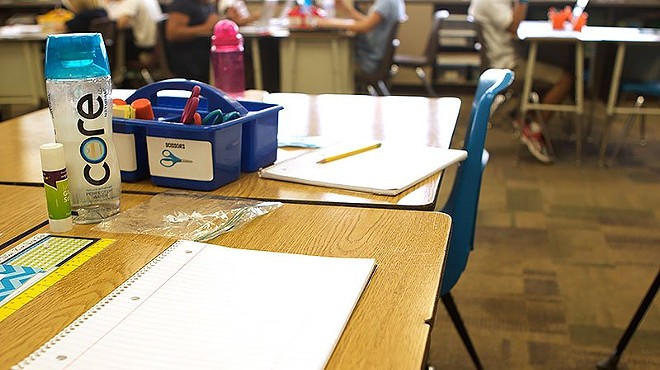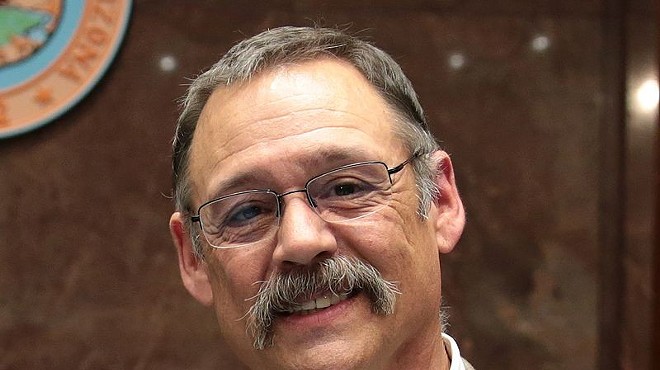Tuesday, January 27, 2015
Acknowledging Student Poverty in Teacher Evaluation
No, it's not the "soft bigotry of low expectations" to acknowledge that students' socioeconomic status is a factor in their educational achievement. It's a fact, and refusing to acknowledge it leads to labeling teachers and schools in low income areas "failures," which in turn leads to a host of educational "solutions" that don't acknowledge the actual problems.
So I'm encouraged that the University of Missouri is looking at a teacher evaluation model that factors in the student population.
Researchers at the University of Missouri have identified a plan to evaluate teachers fairly using a “proportional” system. Cory Koedel, an associate professor of economics and public policy in the MU College of Arts and Science and the Truman School of Public Affairs, says that proportionality would level the playing field among teachers who work with students from different socioeconomic backgrounds.A proportional system will benefit teachers and students in schools in both low and high income areas, according to the researchers.
“One of the biggest criticisms of proposed teacher evaluations is that teachers in less wealthy districts with fewer resources will be unfairly evaluated in relation to teachers with access to more resources,” Koedel said. “By leveling the playing field among all teachers, we can mitigate this issue.”
“Based on evidence from past research in economics, we know that if teachers who teach in disadvantaged districts know that they have little chance of being recognized for their good work, they will be less motivated,” Koedel said. “Also, teachers at wealthier schools may also be less motivated if they know that they have a good chance of receiving positive reviews based only on where they work. Giving all teachers an equal opportunity to be recognized as effective or ineffective would increase effort throughout the workforce, which would be a win for students in K-12 schools.”It's lovely to believe that schools and teachers can be miracle workers. Sometimes it's true. But while our expectations should be high, we need to be realistic in evaluating teachers and schools, and realize that some of the most important factors that go into improving students' educations exist in the world outside the school.
Tags: Teacher evaluation , University of Missouri , Proportional evaluation




